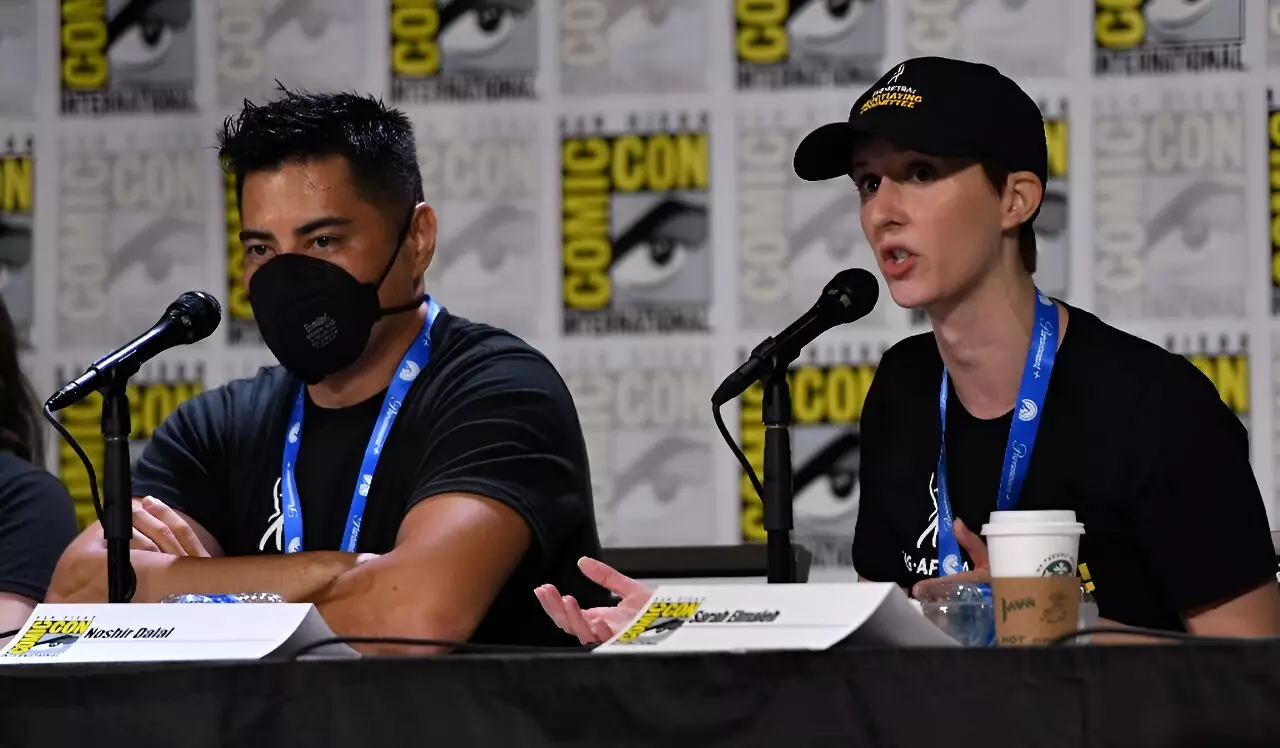The use of artificial intelligence (AI) has sparked a second strike in the entertainment industry, this time among video game actors. The Screen Actors Guild (SAG-AFTRA) recently initiated a strike against gaming giants due to issues related to consent and compensation for actors whose voices and movements are used to create game characters. This strike highlights the challenges faced by actors in an industry that grosses over $100 billion annually.
Union Negotiations
Union negotiators have expressed frustration with technology companies that perceive actors simply as data. This view undermines the nuanced performances delivered by actors and diminishes the value of their work. Despite ongoing negotiations, video game companies have not appointed dedicated negotiators and have maintained a culture of secrecy.
Struck Deal and Complications
The strike impacts around 2,600 artists who provide voice dubbing services or perform physical movements for video game characters. Complications arise from the collaborative nature of creating video game characters, where multiple performers contribute to a single character. Video game companies have attempted to exploit this collaboration to their advantage by using AI to create composite voices and movements, making it challenging for actors to assert their rights.
Unlike Hollywood strikes, the video game walkout may require a different approach to draw attention to the issue. Negotiators are considering strategies that focus on online platforms and in-person events. The goal is to raise awareness about the impact of AI on the livelihood of voice actors and ensure fair compensation for their work.
Voice actors like Lindsay Rousseau fear that without AI protections, their jobs in the video game industry are at risk. AI advancements threaten to replace human performers, particularly those who provide voices for non-player characters and creature voices. This shift could result in fewer job opportunities for voice actors, with only a select few at the top of the industry able to sustain their careers.
The ongoing strike in the video game industry underscores the broader impact of AI on the entertainment sector. As technology continues to advance, it is essential for unions, companies, and actors to navigate the challenges posed by AI in a way that upholds the rights and livelihoods of those involved. The future of video game acting may depend on finding a balance between technological innovation and the value of human performance.


Leave a Reply